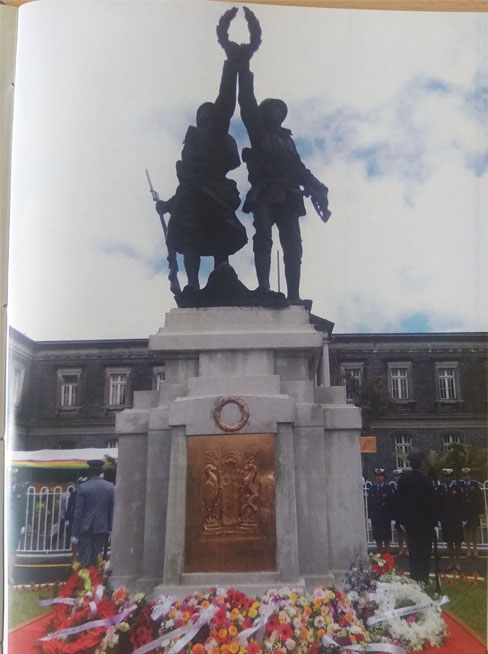Remembrance Day
In Mauritius and other allied countries, including the Commonwealth countries, 11 November marks the day an agreement was signed to put a halt to the World War I. This significant day, widely known as Armistice Day, was the prelude to peace and negotiations. On that day, people come together to honour those who fought during World War 1.
In November 1918, the Germans called for an armistice in order to secure a peace settlement. They accepted the allied terms of unconditional surrender. The 11th hour of the 11th day of the 11th month attained a special significance in the post-war years and became universally associated with the remembrance of those who had died in the First World War.
This conflict had mobilised over 70 million people and left between 9 and 13 million dead and as many as one third of these, with no grave. At the 11th hour on the 11th day of the 11th month, two minutes of silence are observed and are dedicated to those soldiers who died in the World War. Church services and other ceremonial gatherings also take place during the day.
The Remembrance Day continued to be held on 11 November each year until the outbreak of the World War II in 1939, when it was decided by the United Kingdom that the general celebrations would not be held on November 11 of that year. Instead, a proximate Sunday was observed as a “day of dedication” during the span of the war.
When World War II came to an end, the British government, seeking to honour participants in both World Wars, officially replaced Armistice Day with the new Sunday observance, which was thereafter known as Remembrance Sunday. In 1956, the date was fixed to the second Sunday of the month of November.
The most recognisable symbol of Remembrance Sunday is the red poppy, which became associated with World War I memorials after scores of the flowers bloomed in the former battlefields of Belgium and Northern France.
The poem “In Flanders Fields” inspired and written in 1915 by Lieutenant Colonel John McCrae on those flowers is closely associated with Remembrance Day
Thousands of Mauritians served under the British flag during the two World Wars. 64 Mauritians died during active service in the WWI and hundreds more lost their life during the WWII
In memory of these veterans and on the initiative of Govenor Hesketh Bell, the actual War Memorial found in front of the Royal College of Curepipe was inaugurated in April 1922.
In Mauritius, the Remembrance Day ceremony is organised by the Government at the War Memorial of the Royal College of Curepipe. On that occasion, eminent personalities of the country lay a wreath on the memorial to pay tribute to all soldiers who died during their service in the World Wars and other conflicts.
In Rodrigues Island, a similar ceremony is organised on the same day at Port Mathurin.
